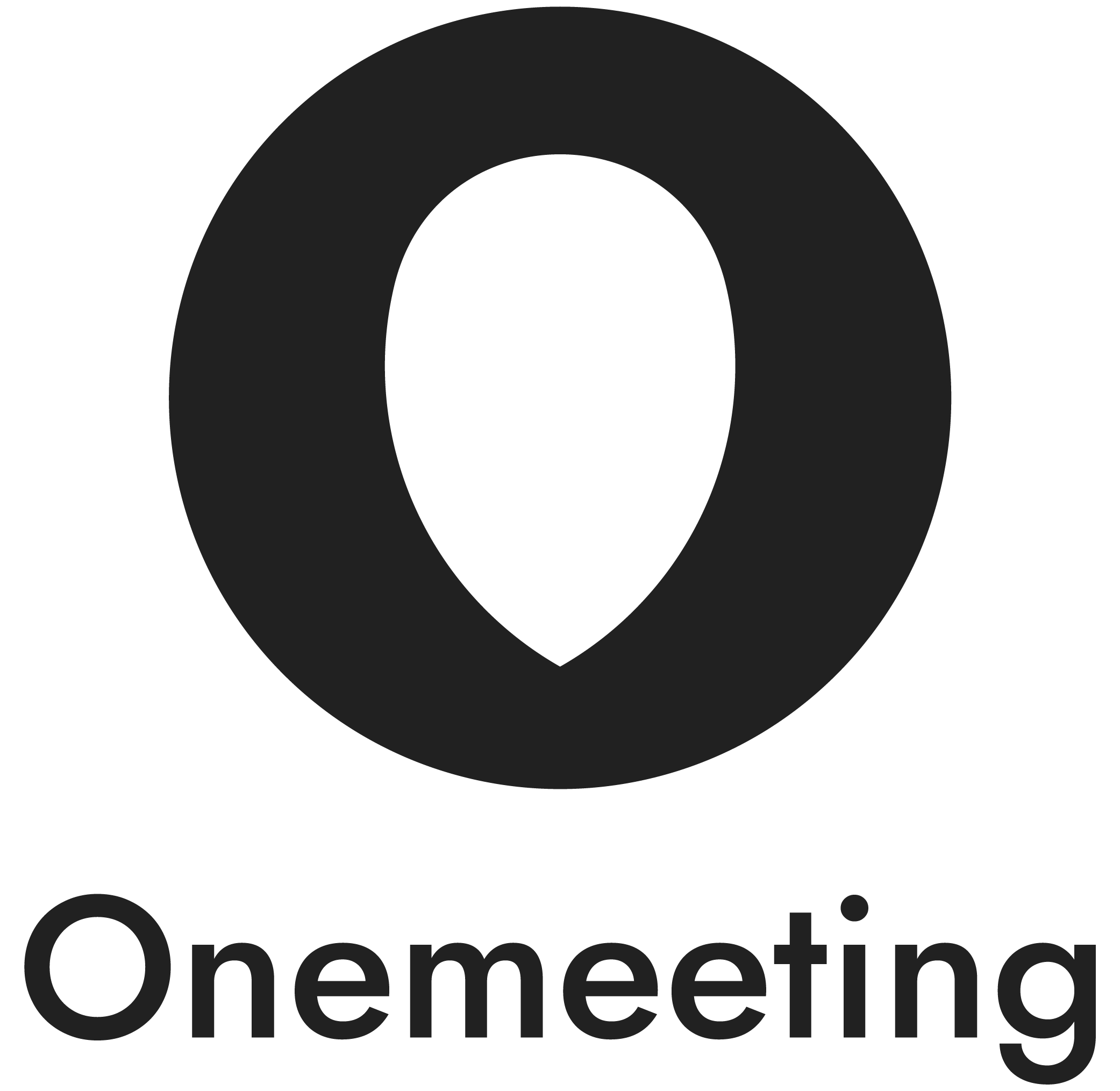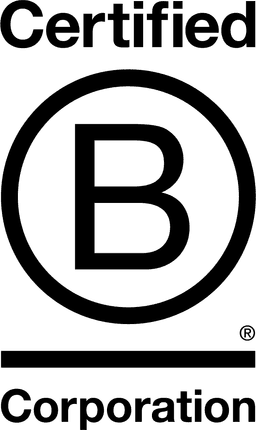

Onemeeting B.V.

Utrecht, Netherlands The
April 2025
Other business support
Service with Minor Environmental Footprint
Netherlands The
Onemeeting is a proud 100% Dutch family business and has been a pioneer in the meeting industry for almost 43 years. We develop, optimize and operate meeting centers. We bring customers, bookers and locations together on a unique booking platform and have developed a unique SaaS solution in the past 10 years. Our digital ambition is crystal clear: connecting all meeting parties, processes and products in a real time all- in-one solution. CONNECTED is the name of our SaaS solution. Our sustainable ambition is to make 'lost m2' profitable again. As a pioneer in the meeting industry and as a B Corp, we want to become, be and remain a purpose-driven, meaningful organization in which the power of human connection is central. Our 3D business model (business, culture & impact) ensures warm and valuable connections with all stakeholders and with the society. We invest in these connections and are proud of our Great Place To Work-certification with a Trust Index score of 92%.
Overall B Impact Score
Governance 12.2
Governance evaluates a company's overall mission, engagement around its social/environmental impact, ethics, and transparency. This section also evaluates the ability of a company to protect their mission and formally consider stakeholders in decision making through their corporate structure (e.g. benefit corporation) or corporate governing documents.
What is this? A company with an Impact Business Model is intentionally designed to create a specific positive outcome for one of its stakeholders - such as workers, community, environment, or customers.
Workers 33.4
Workers evaluates a company’s contributions to its employees’ financial security, health & safety, wellness, career development, and engagement & satisfaction. In addition, this section recognizes business models designed to benefit workers, such as companies that are at least 40% owned by non-executive employees and those that have workforce development programs to support individuals with barriers to employment.
Community 20.9
Community evaluates a company’s engagement with and impact on the communities in which it operates, hires from, and sources from. Topics include diversity, equity & inclusion, economic impact, civic engagement, charitable giving, and supply chain management. In addition, this section recognizes business models that are designed to address specific community-oriented problems, such as poverty alleviation through fair trade sourcing or distribution via microenterprises, producer cooperative models, locally focused economic development, and formal charitable giving commitments.
Environment 11.2
Environment evaluates a company’s overall environmental management practices as well as its impact on the air, climate, water, land, and biodiversity. This includes the direct impact of a company’s operations and, when applicable its supply chain and distribution channels. This section also recognizes companies with environmentally innovative production processes and those that sell products or services that have a positive environmental impact. Some examples might include products and services that create renewable energy, reduce consumption or waste, conserve land or wildlife, provide less toxic alternatives to the market, or educate people about environmental problems.
Customers 4.3
Customers evaluates a company’s stewardship of its customers through the quality of its products and services, ethical marketing, data privacy and security, and feedback channels. In addition, this section recognizes products or services that are designed to address a particular social problem for or through its customers, such as health or educational products, arts & media products, serving underserved customers/clients, and services that improve the social impact of other businesses or organizations.